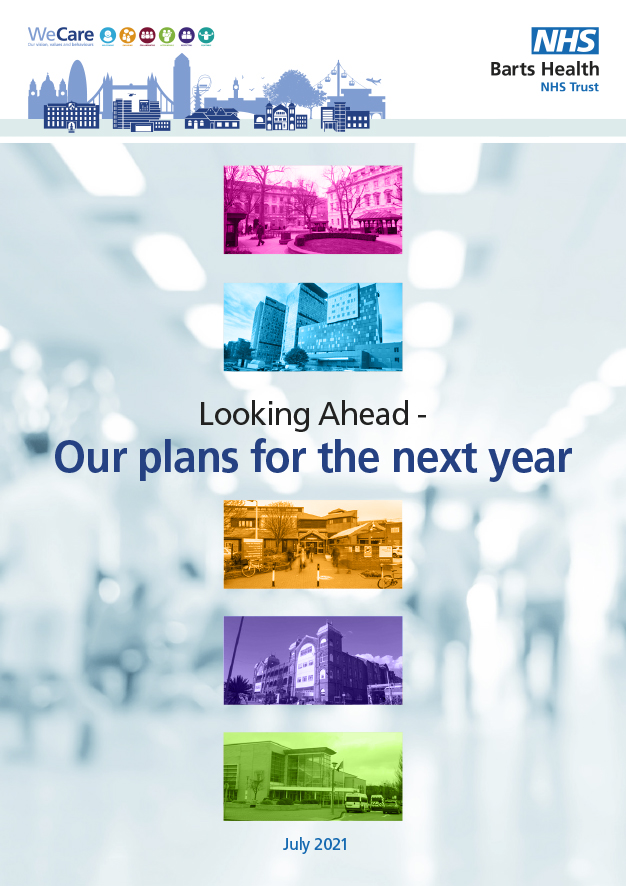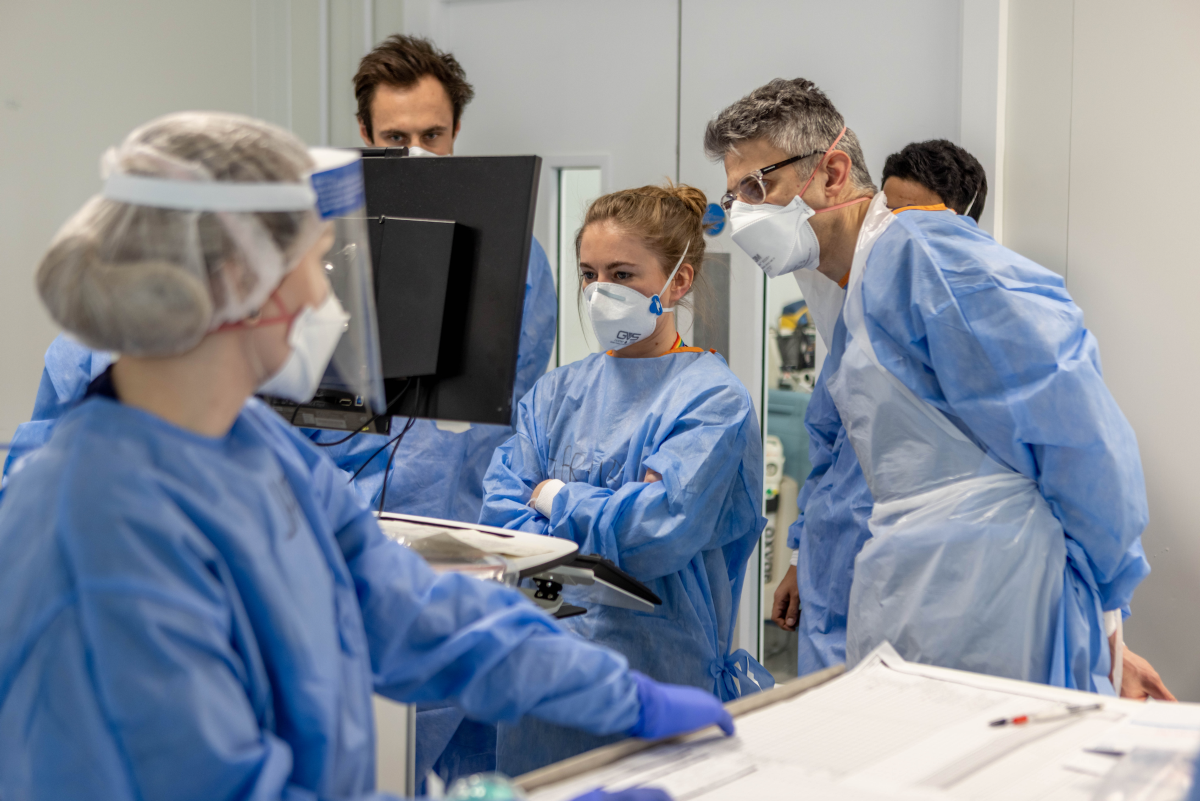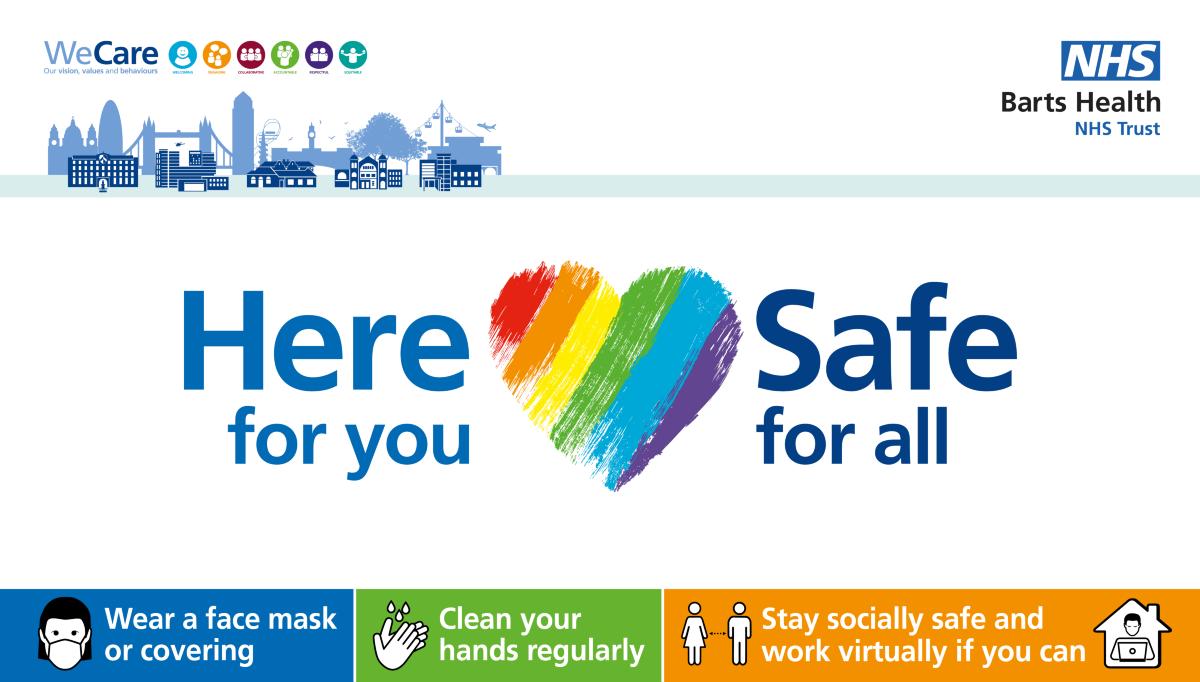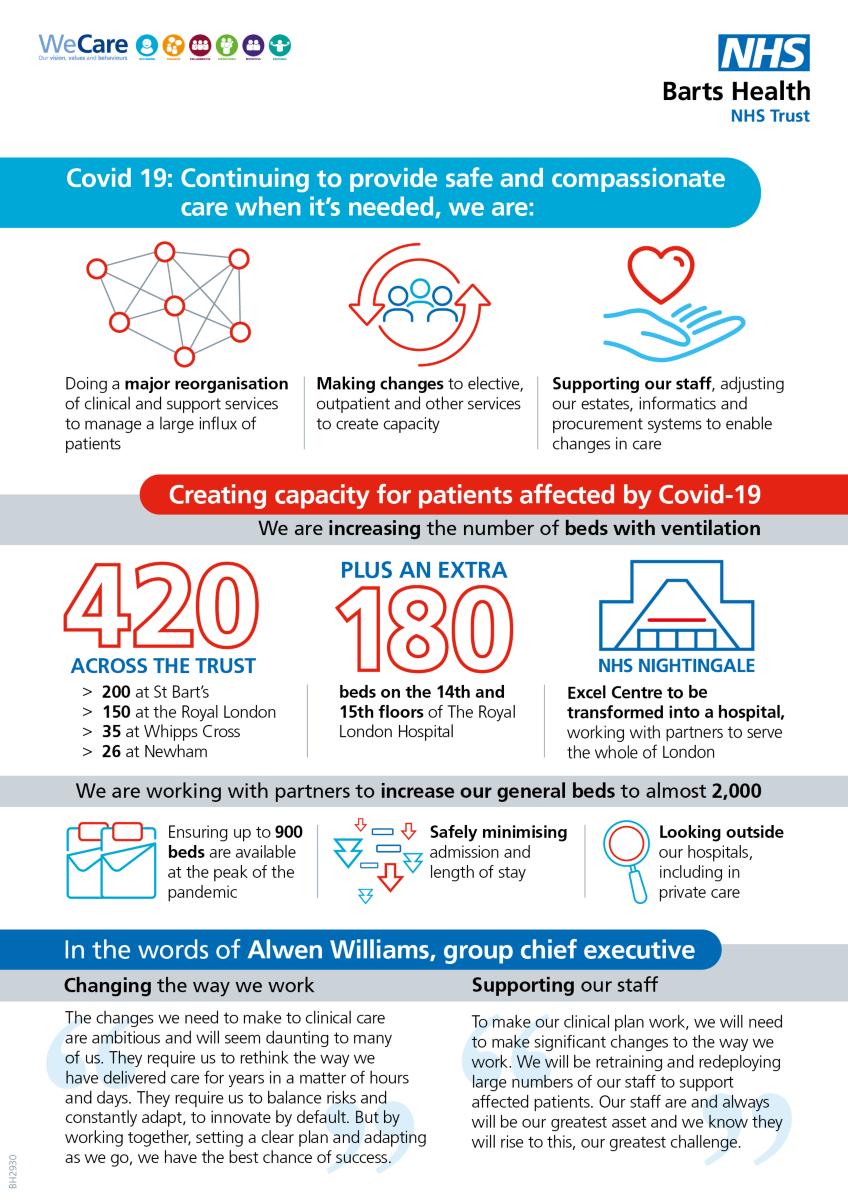- We have marked another significant milestone in our recovery to a new pattern of hospital business as usual.
- Cancer operations are restarting as theatre capacity comes back on stream.
This week marks another significant milestone in our recovery to a new pattern of hospital business as usual with the return in-house of cancer surgery that was taken off-site earlier in the pandemic.
Operations for gynaecological cancers are restarting first, followed by procedures for liver and pancreatic cancers, then brain and colorectal cancers too as theatre capacity comes back on stream.
We are proud to have continued to provide urgent cancer treatment throughout the first phase of the pandemic, including chemotherapy, radiotherapy and interventional radiology.
In particular, as part of London-wide arrangements to ensure the highest risk patients were treated, St Bartholomew’s continued to perform thoracic, breast, lung and eye surgery.
However as a temporary measure, many other operations (including all elective surgery) were performed in private hospitals. This was paid for by the NHS and used our own doctors and anaesthetists as part of a national agreement with the independent sector. Over 300 of our patients were treated this way last week, taking the total to more than 2,000 since the start of the pandemic.
Restarting the postponed elective operations in-house is more complex than it was to put them on hold, and is being done in stages as our hospitals make progress with setting up Covid-free (‘green’) zones.
Patients awaiting surgery are prioritised according to how soon clinically they need it. The first elective restarts at Whipps Cross were on 8 June, with over 50 day cases done since. The first inpatient was admitted on Monday and by next week the hospital will be averaging a dozen operations a day. The Royal London’s new ‘green’ theatres on the 3rd floor also opened on Monday, with 88 patients booked this week.
The Barts Health Orthopaedic Centre at Newham restarted at the same time and over 80 patients had endoscopies or minor procedures. Meanwhile St Bartholomew’s is doing about 30 cardiac cases a week, compared to around 40 pre-Covid.
One issue all hospitals are facing is patients cancelling their operations, either because they are worried about catching Covid-19 or they cannot meet the requirement to self-isolate for up to a fortnight before and after the procedure.
We are working hard to reassure patients and the public that are hospitals are safe. All staff are urged to share with their friends and families the short videos we are making with clinicians and nurses to show how staff and patients are protected.
Alistair Chesser, Chief Medical Officer, said: “The commitment of all our staff to getting our elective services up and running again has been incredible. Each hospital has had to redesign its theatre schedules and set up sophisticated zoning systems which will ensure our patients will stay safe when under our care. This is a fantastic achievement.”
Resources
Our Response to Covid-19 [pdf] 5MB
Videos to reassure and inform patients about what to expect when coming into hospital
Animation on Covid-safe hospitals from Explain My Procedure





